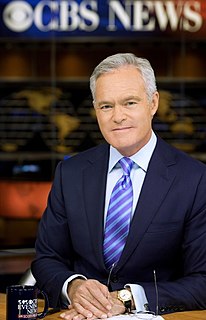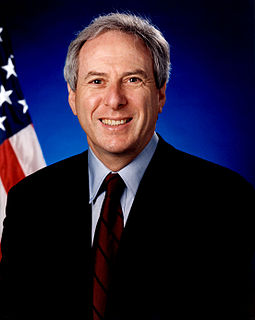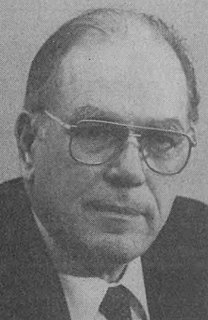A Quote by Uzodinma Iweala
When somebody says that six million people died in the Holocaust, there is nobody in the world who can understand that. It's only through story, reading books by Elie Wiesel or Primo Levi, that you really begin to understand the trauma and how horrible it actually was.
Related Quotes
Books can be passed around. They can be shared. A lot of people like seeing them in their houses. They are memories. People who don't understand books don't understand this. They learn from TV shows about organizing that you should get rid of the books that you aren't reading, but everyone who loves books believes the opposite. People who love books keep them around, like photos, to remind them of a great experience and so they can revisit and say, "Wow, this is a really great book."
Again and again, Primo Levi's work is described as indispensable, essential, necessary. None of those terms overstate the case, but they do prepare readers new to Levi for a forbiddingly educative experience, making him a writer unlike all others and the experience of reading him a chore. Which it isn't.


































